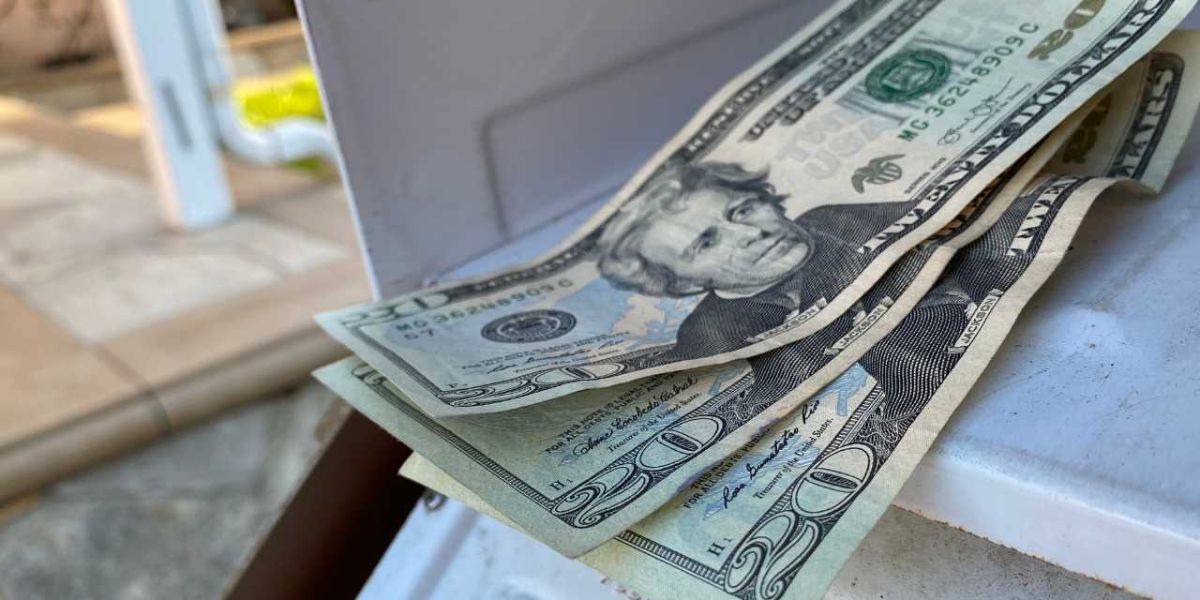As economic pressures continue to mount for millions of Americans, a new rumor has ignited fresh hopes for relief: the possibility of $2,000 stimulus payments landing in bank accounts this May. The claim, widely shared on social media and lesser-known websites, suggests a fourth round of direct payments is imminent. However, at this point, there is no official legislation or government announcement backing those claims.
The Origin of the Stimulus Buzz
The speculation appears to have originated from social media posts and unverified blogs that cite unnamed “sources” or provide vague references to congressional discussions. These posts have been picked up and reshared by users eager for financial relief, especially as inflation and living costs remain high across the country.
Despite the growing chatter online, federal authorities have remained quiet. Both the Internal Revenue Service (IRS) and members of Congress have not made any public statements supporting the idea that stimulus checks are on their way this month.
No Legislation on the Table
One of the most critical details missing from these rumors is legislative backing. For a federal stimulus payment to be distributed, Congress would first need to pass a new relief bill, which would then need to be signed into law by the president. As of now, no such bill has been introduced or passed through either chamber of Congress.
In previous rounds of stimulus—such as those authorized by the CARES Act in 2020 and the American Rescue Plan in 2021—payments were approved through formal legislative processes. These packages included not only direct payments but also extended unemployment benefits and expanded tax credits to help Americans during the height of the COVID-19 pandemic.
Scams and Misinformation on the Rise
Officials are warning Americans to exercise caution. Given the high volume of misinformation online, the IRS has reiterated the importance of relying only on official sources, such as IRS.gov, for updates about any potential financial relief.
There is also concern that the widespread sharing of false information could make people vulnerable to scams. Fraudulent websites often ask users to provide personal or banking information under the guise of “registering” for upcoming stimulus checks. These tactics can lead to identity theft or financial loss.
Who Would Qualify—If It Happens?
If a $2,000 stimulus payment were to be approved, experts believe the eligibility requirements would likely resemble those of past programs. Generally, individuals earning up to $75,000 annually, or married couples filing jointly with combined incomes up to $150,000, qualified for full payments. Smaller amounts were phased out for higher earners.
Dependents and children were also included in earlier programs, and similar provisions might be expected in any future relief effort. However, this remains purely speculative until lawmakers introduce and approve a formal plan.
Past Precedents Fuel Expectations
The United States has a well-established precedent for offering direct financial aid during times of national hardship. The pandemic-era stimulus efforts helped millions of Americans cover basic needs such as rent, food, and medical expenses. As a result, many now look to the government for similar support during periods of economic strain, even in the absence of an immediate crisis like a global health emergency.
Although the current economic situation—marked by inflation, high housing costs, and lingering job market instability—doesn’t mirror the scale of the COVID-19 crisis, the memory of past stimulus payments remains fresh in the public mind.
Bottom Line: Stay Informed, Stay Skeptical
For now, the prospect of $2,000 stimulus checks in May 2025 remains just that—a prospect. There are no official plans, dates, or bills currently in play to support such a payment.
Americans are encouraged to follow verified government sources for accurate information and avoid sharing sensitive data on unofficial platforms. Until Congress acts, any talk of immediate payments should be treated with skepticism and caution.
“This article was written by Mathew Owen. AI tools were used lightly for grammar and formatting, but the ideas, words, and edits are all mine.”


 by
by 

